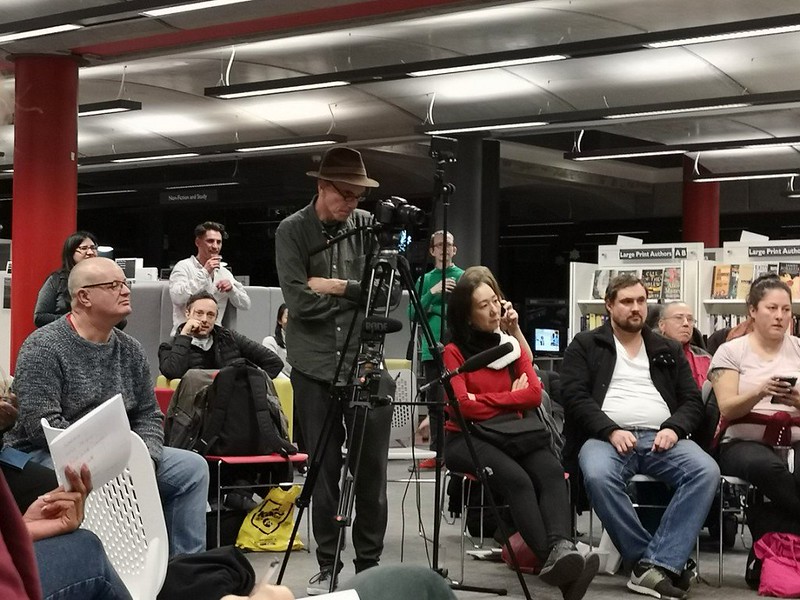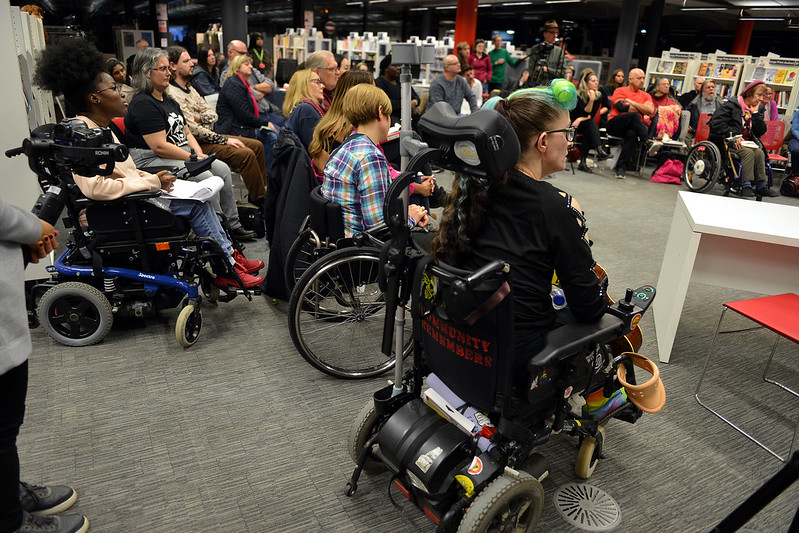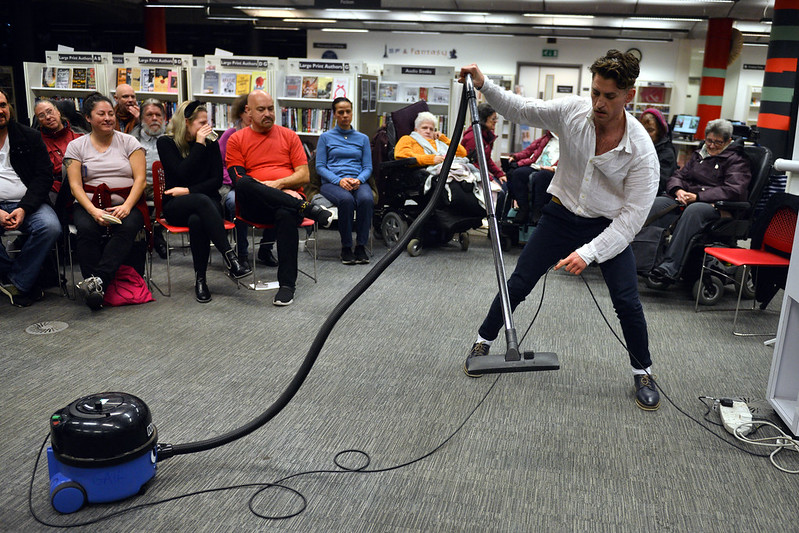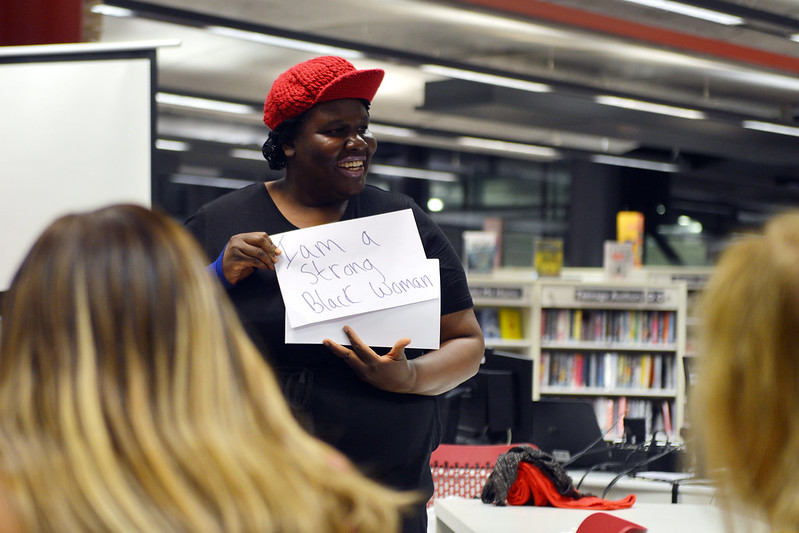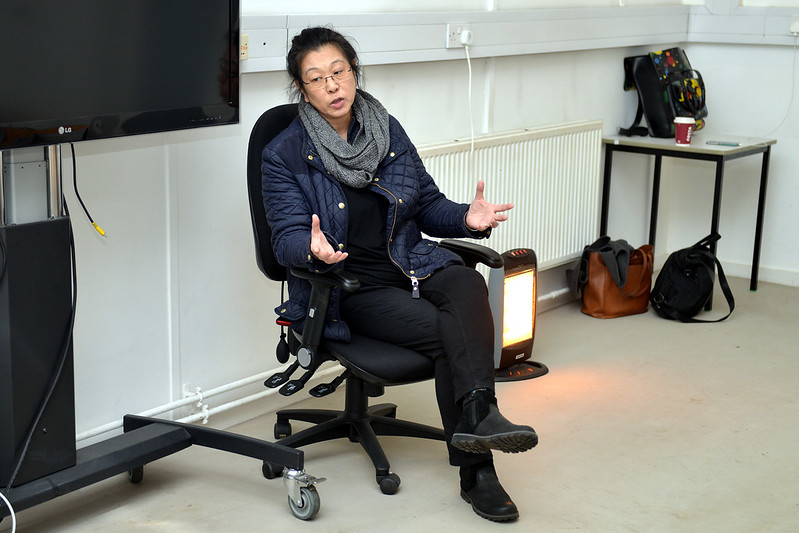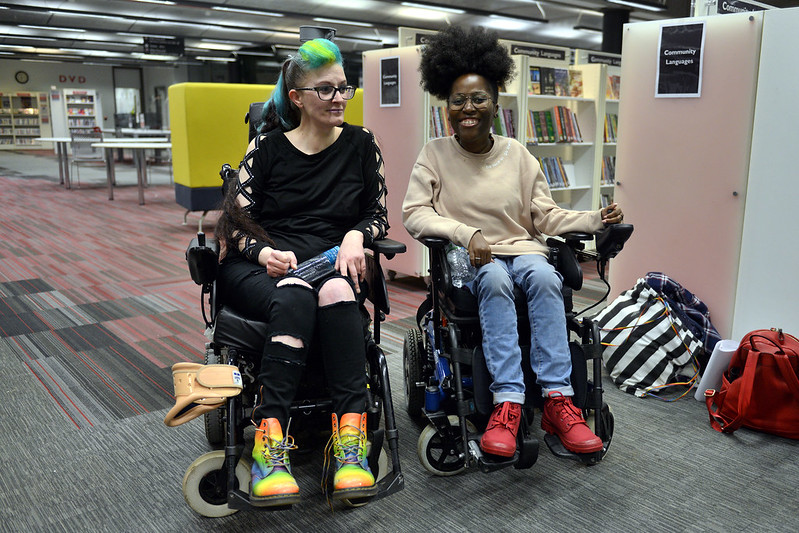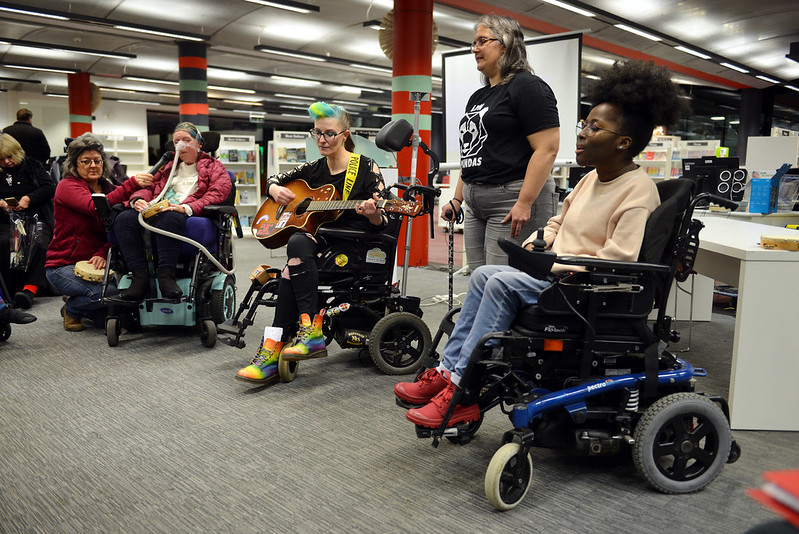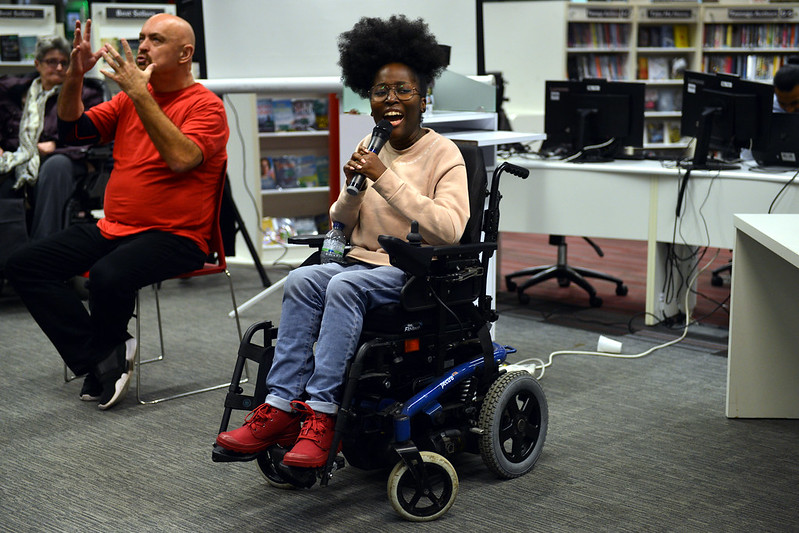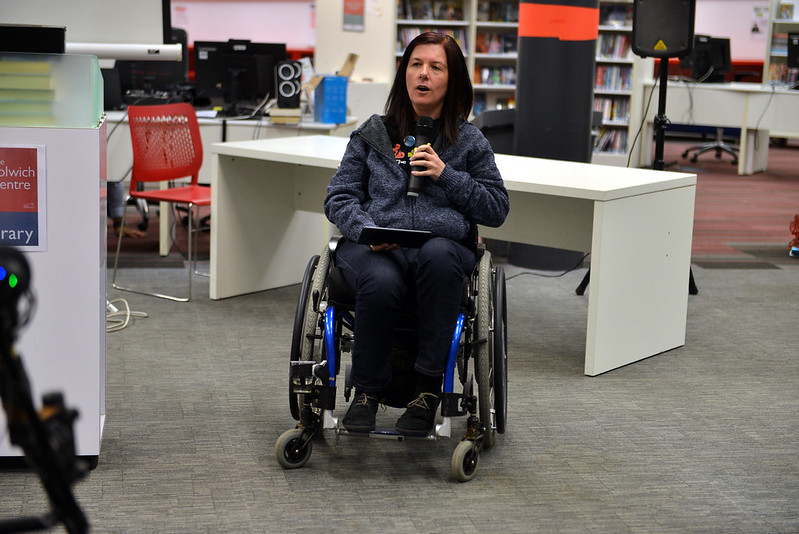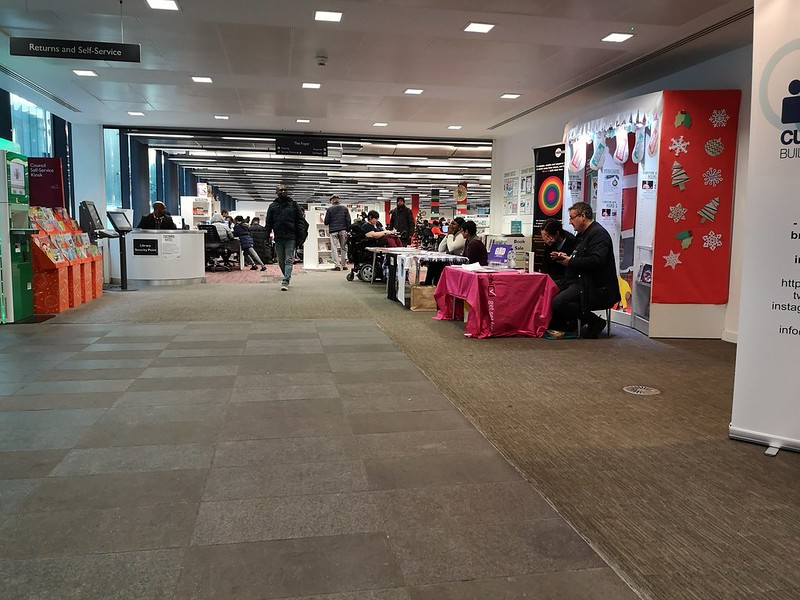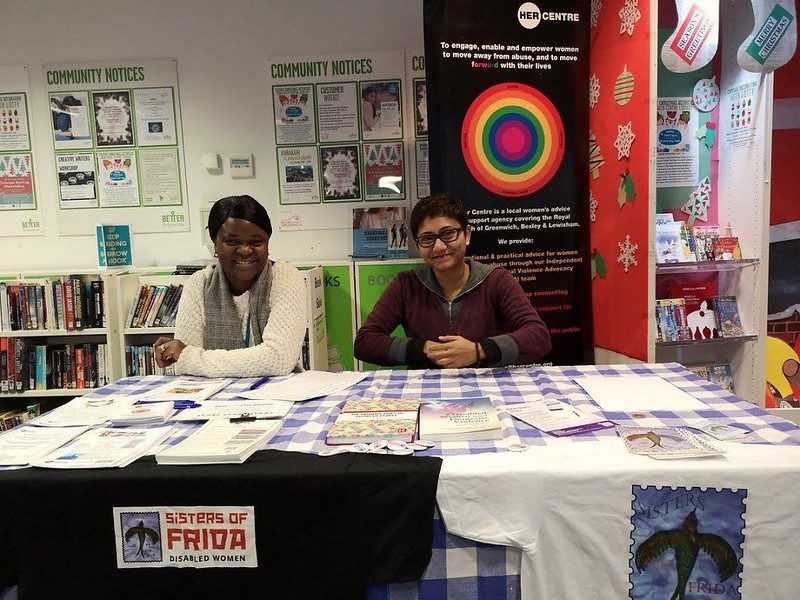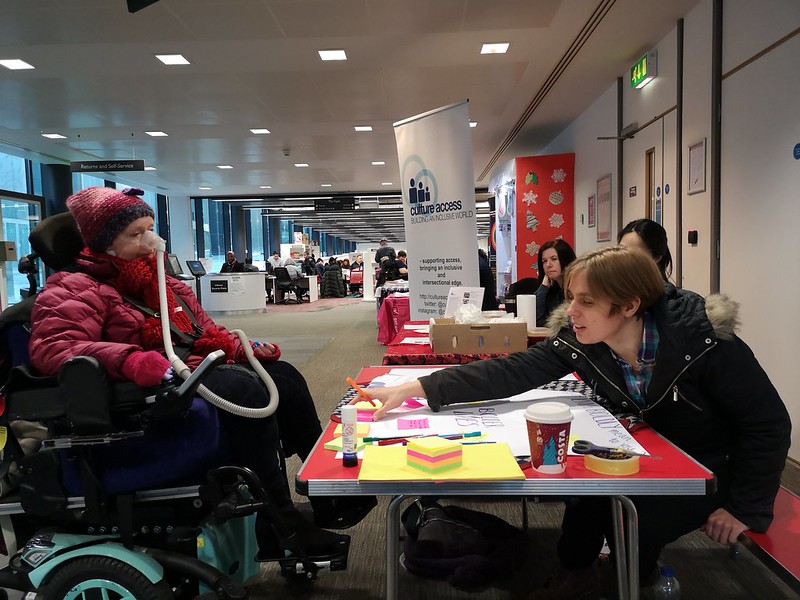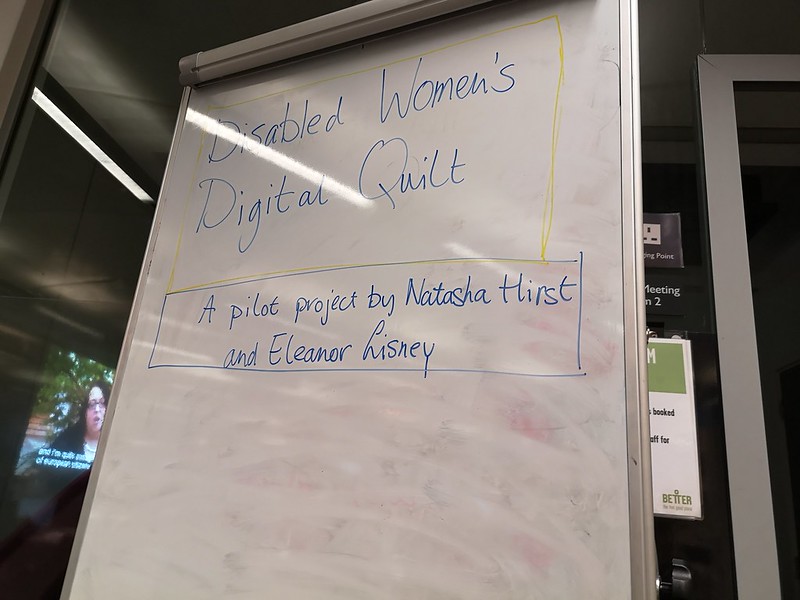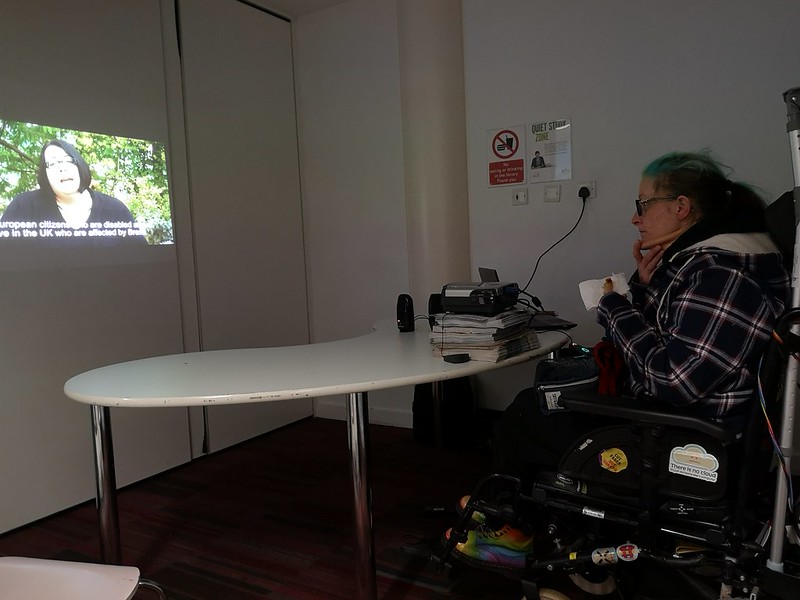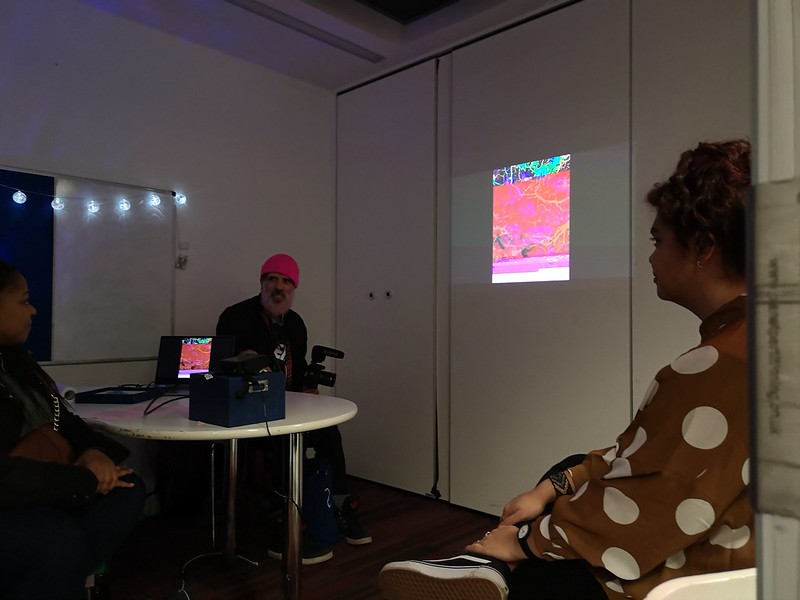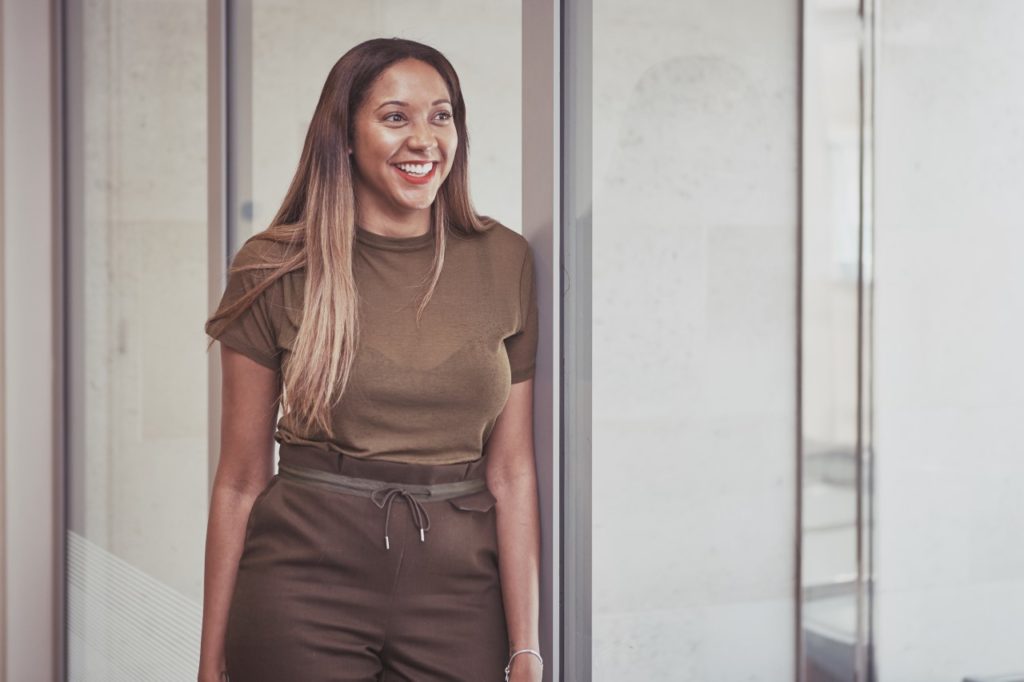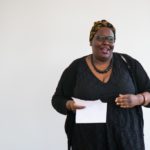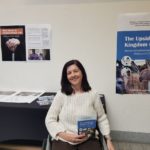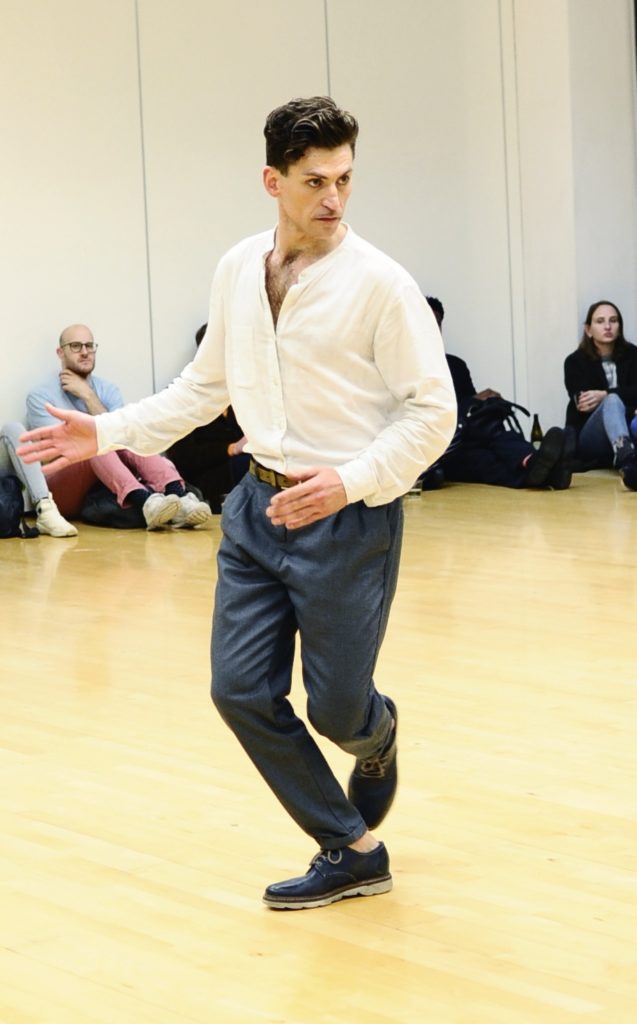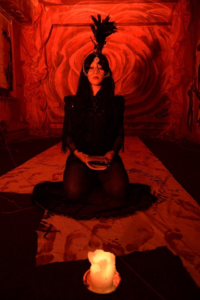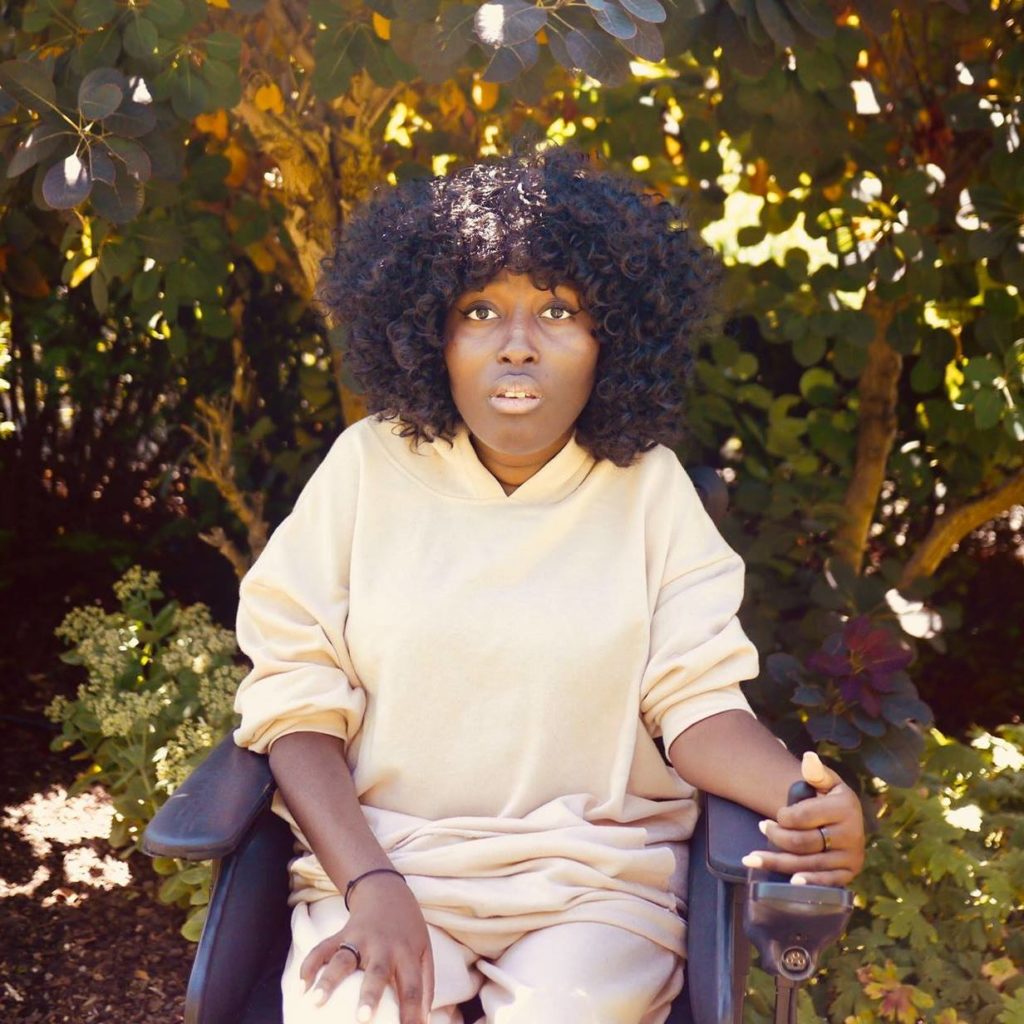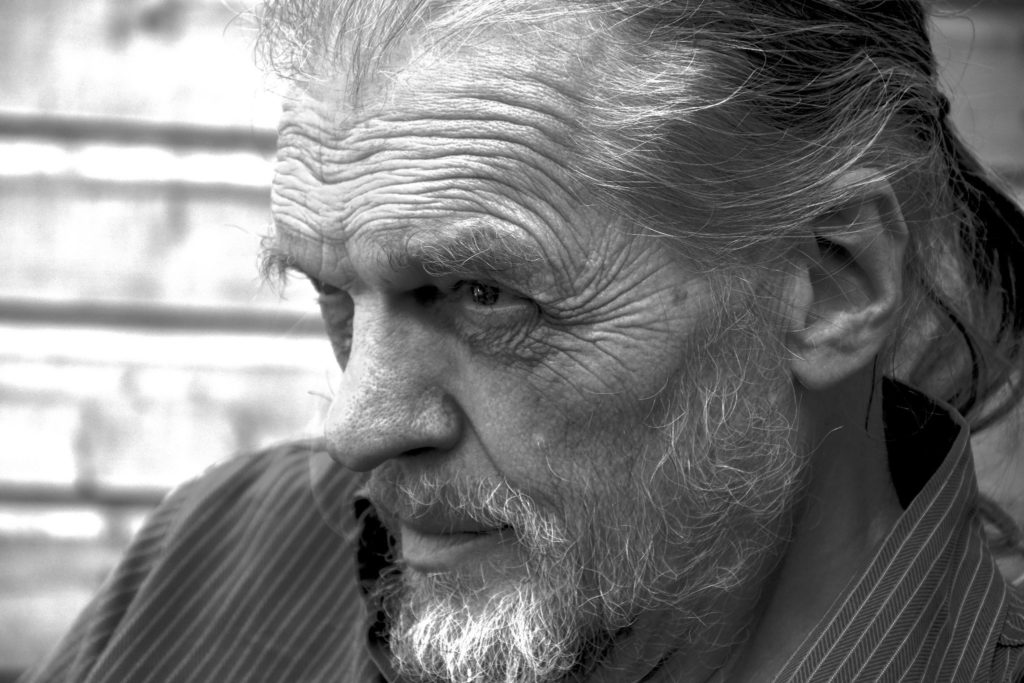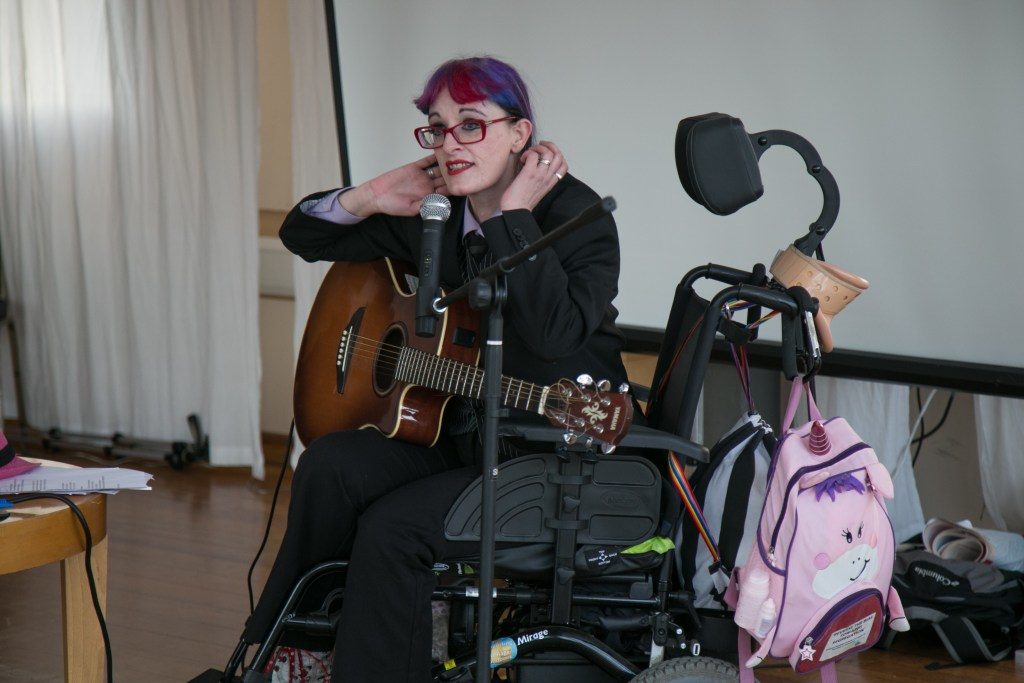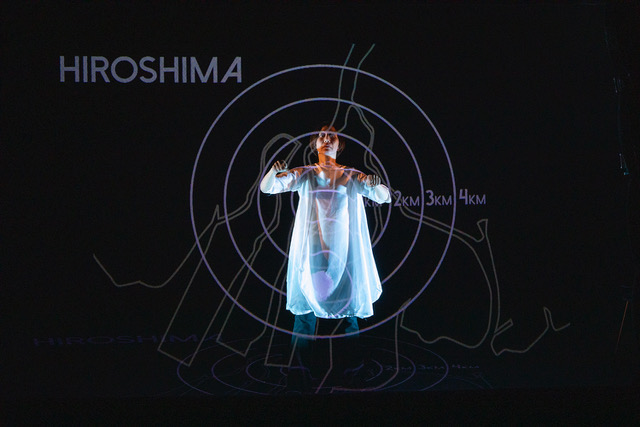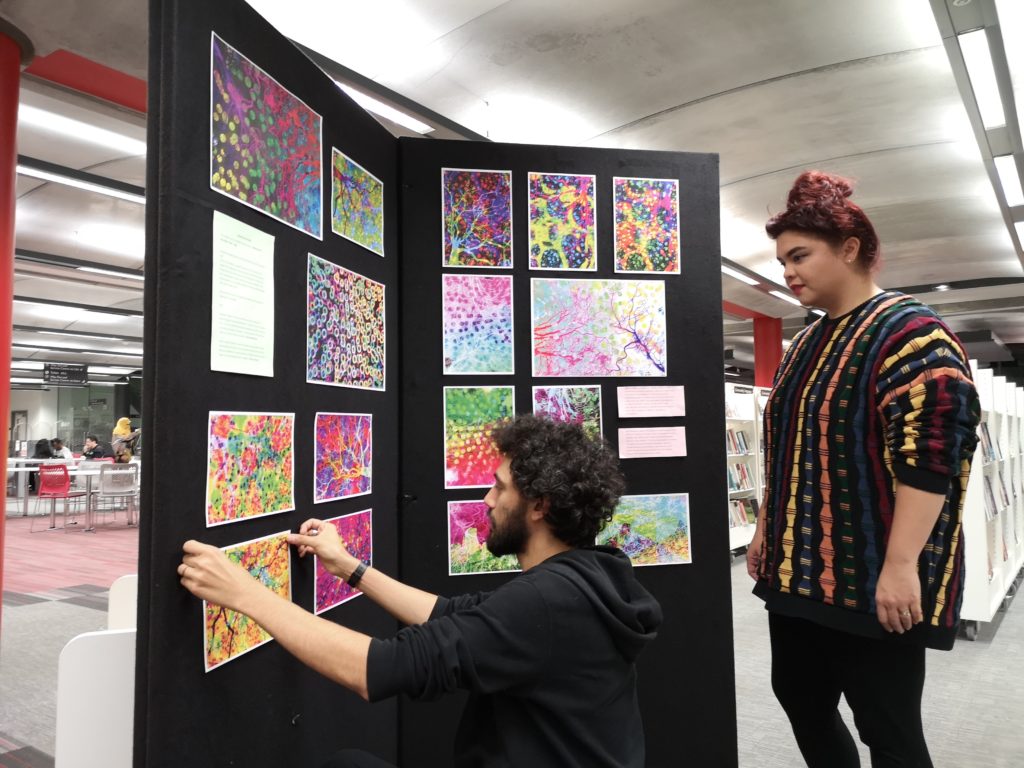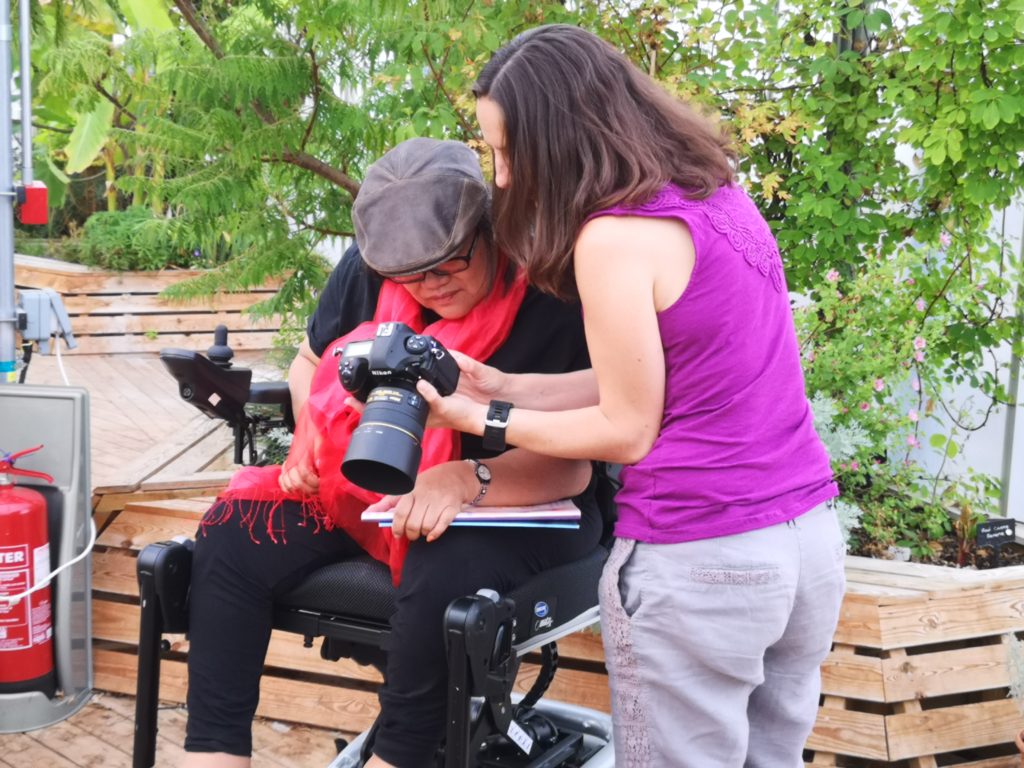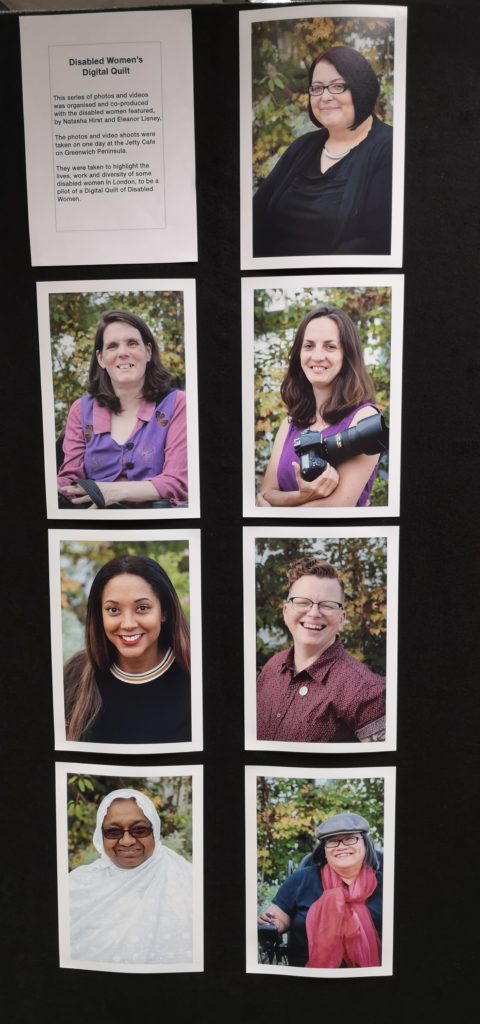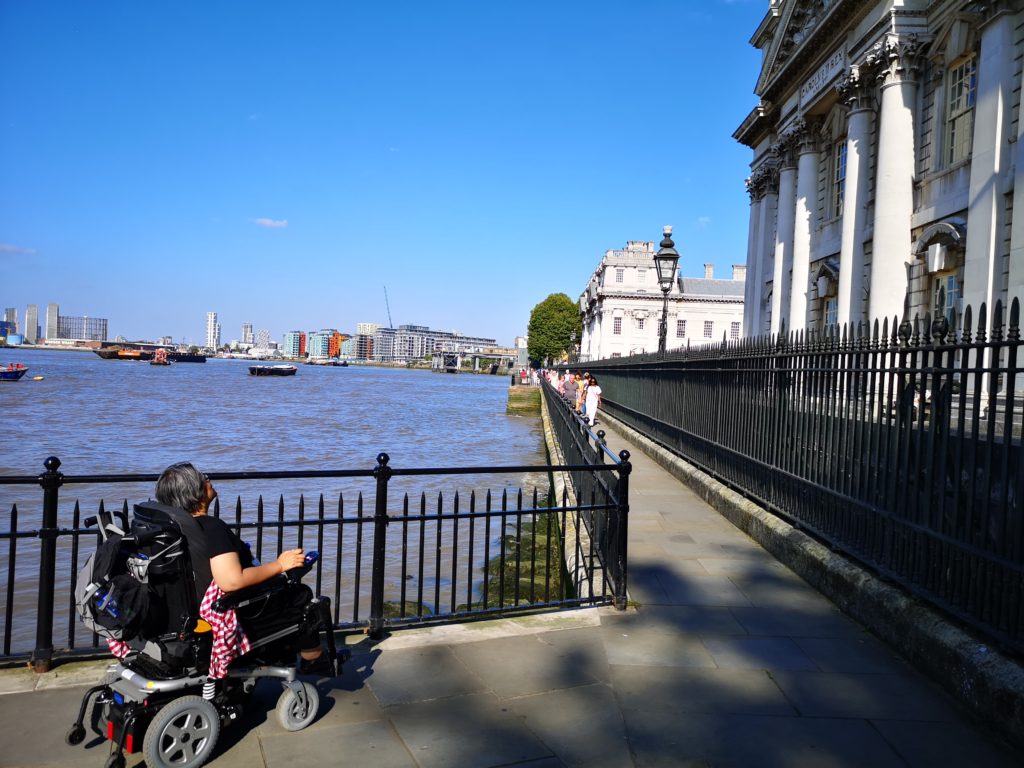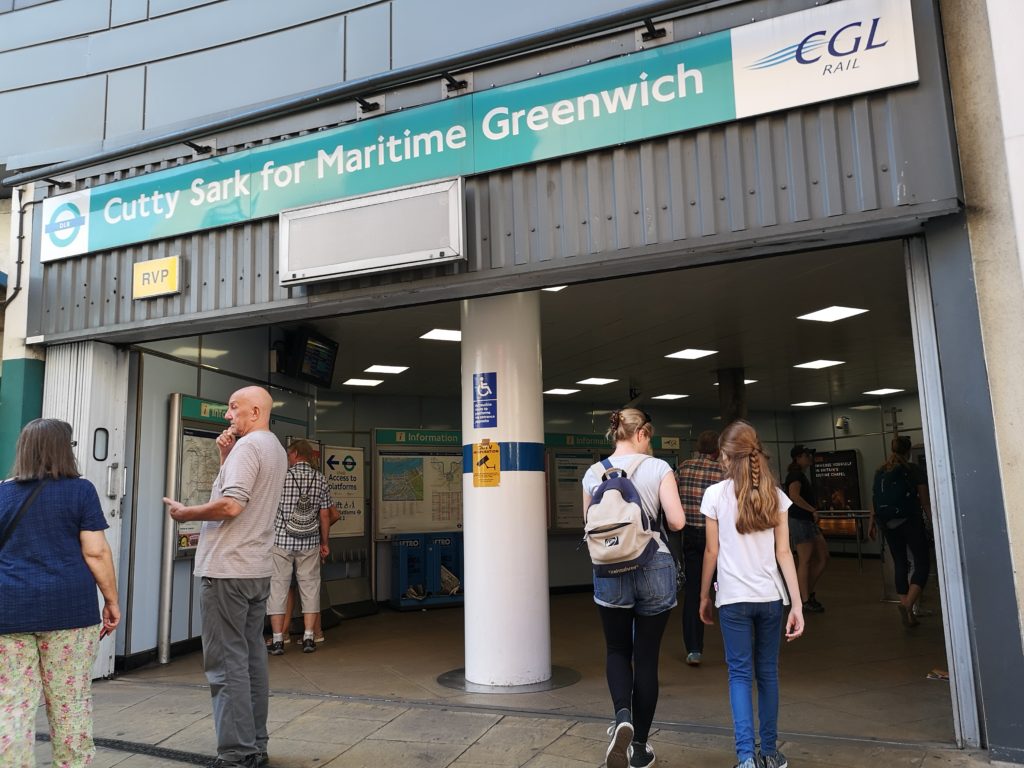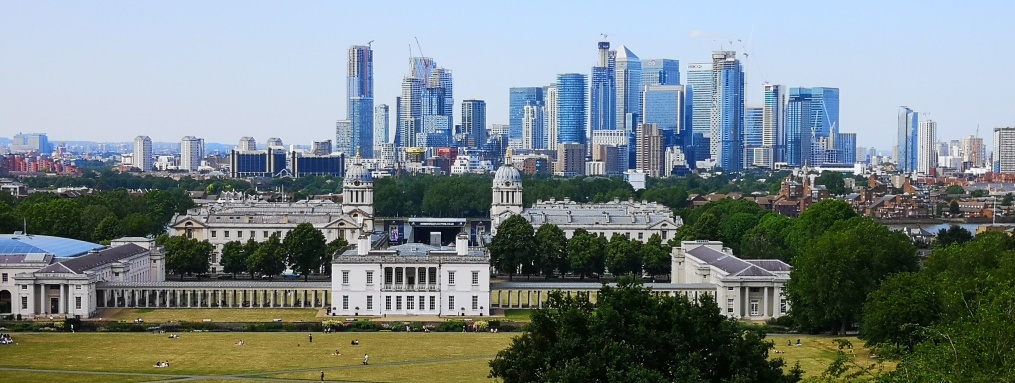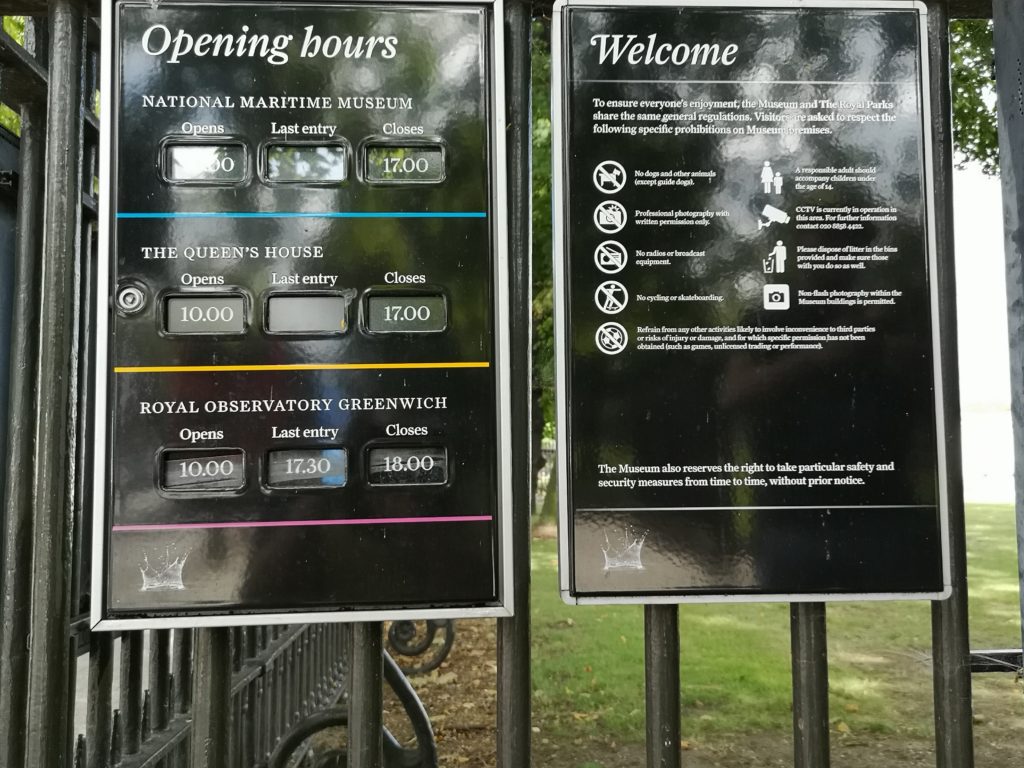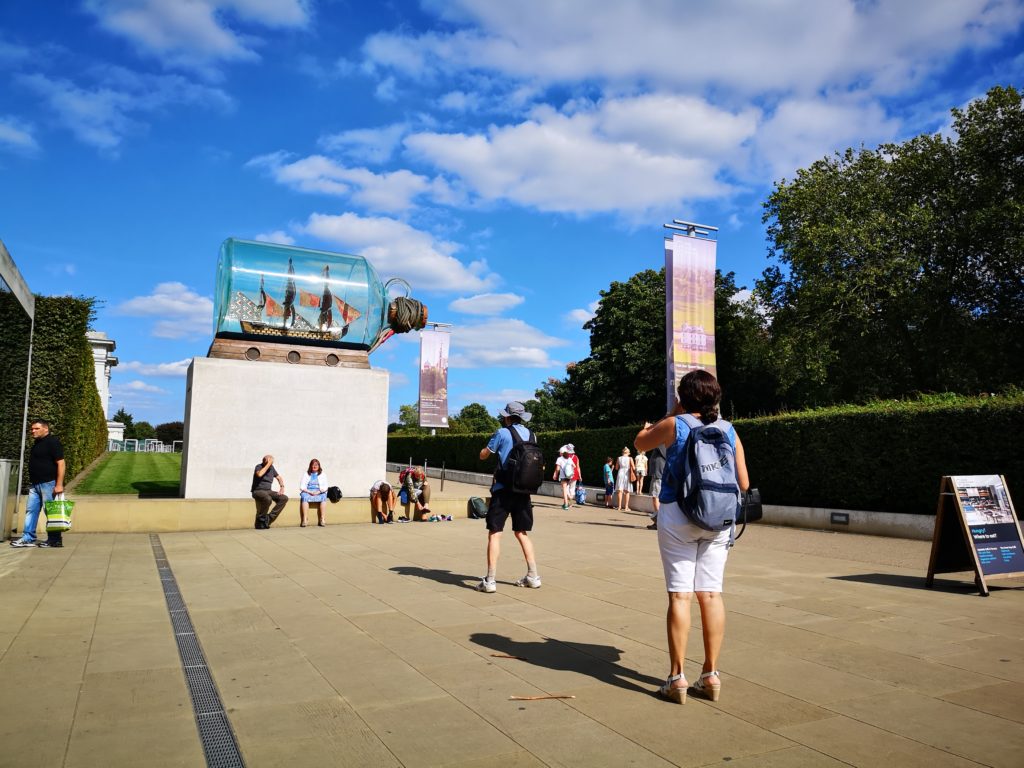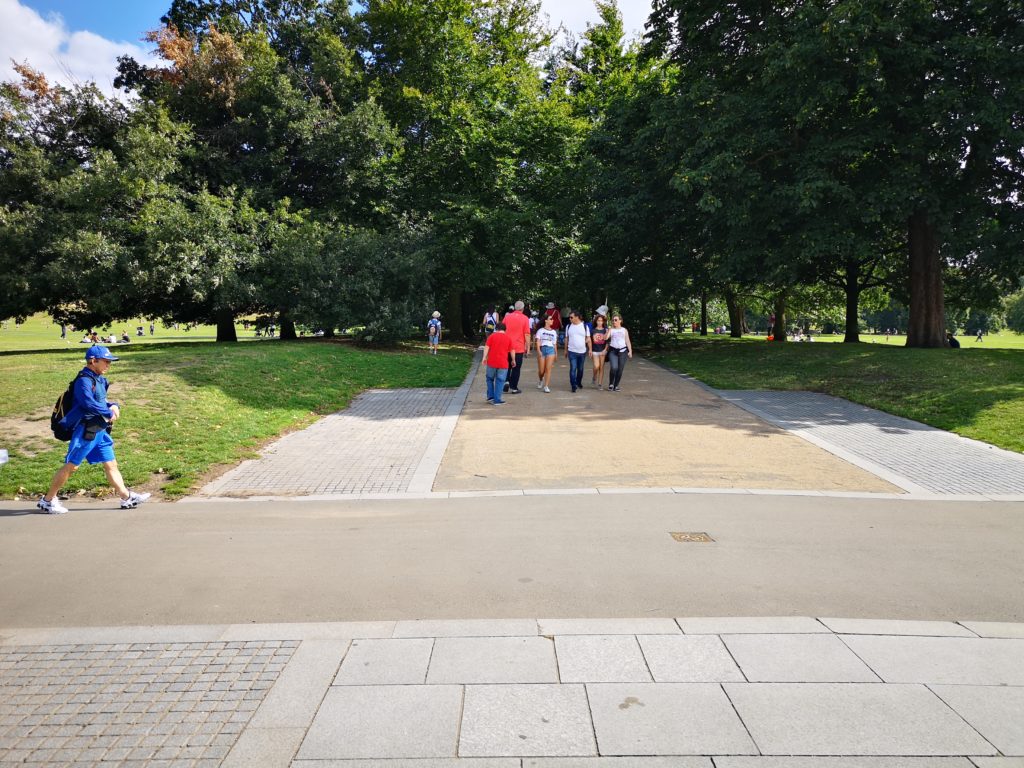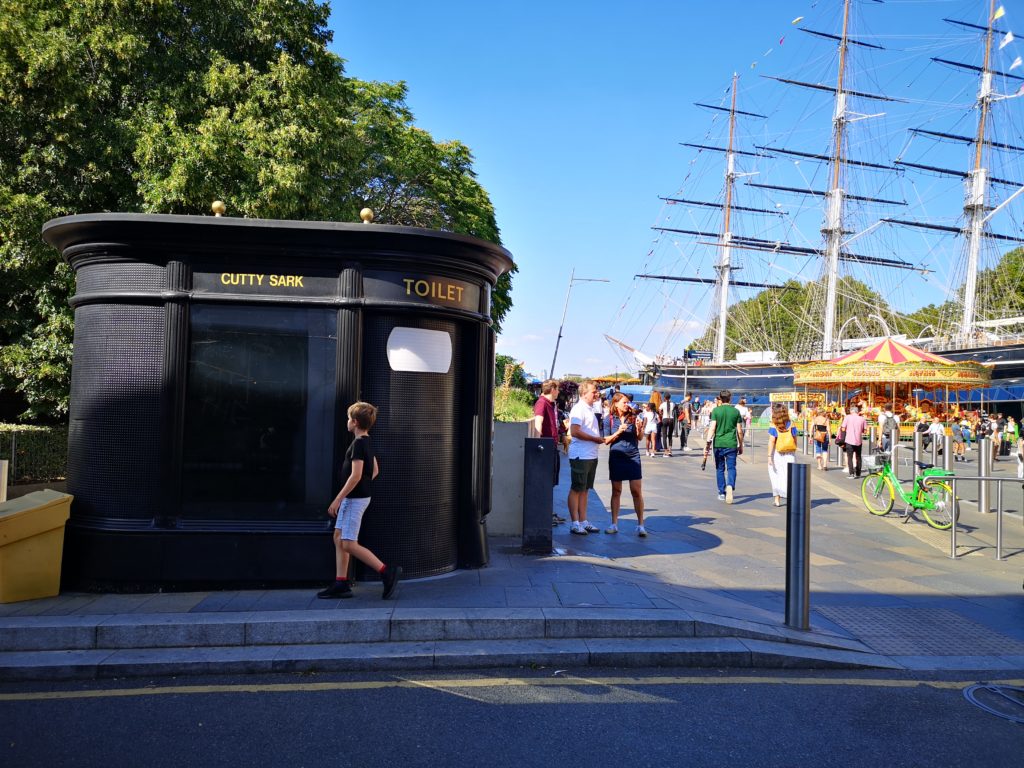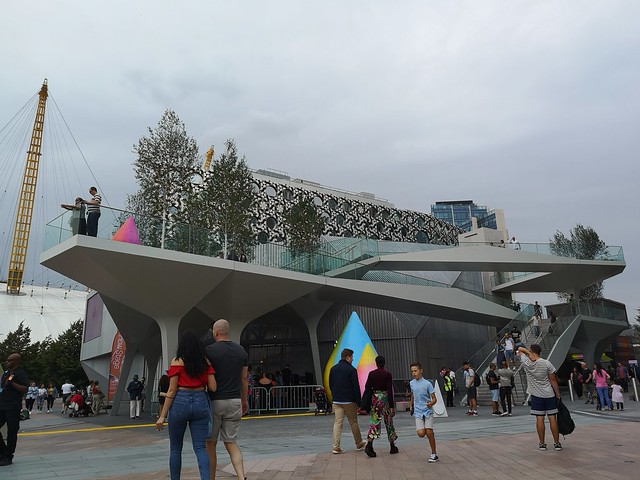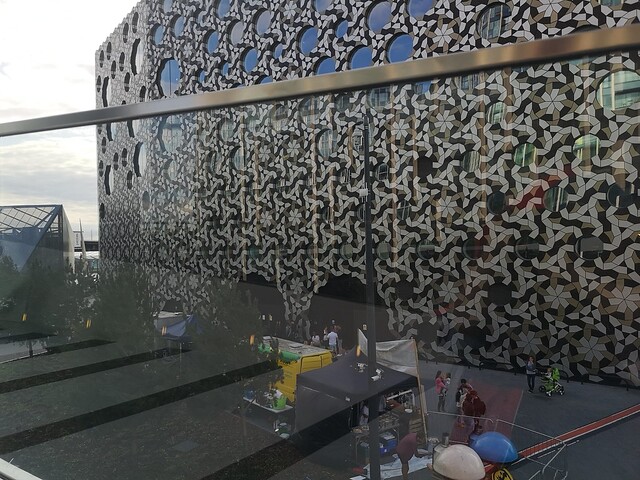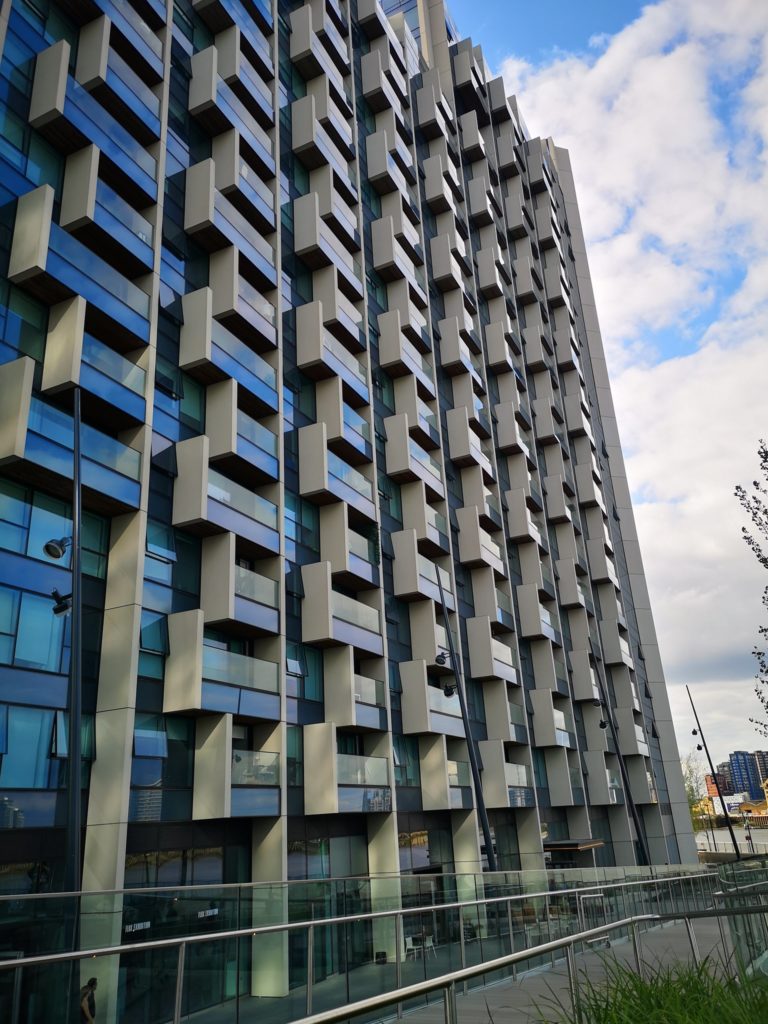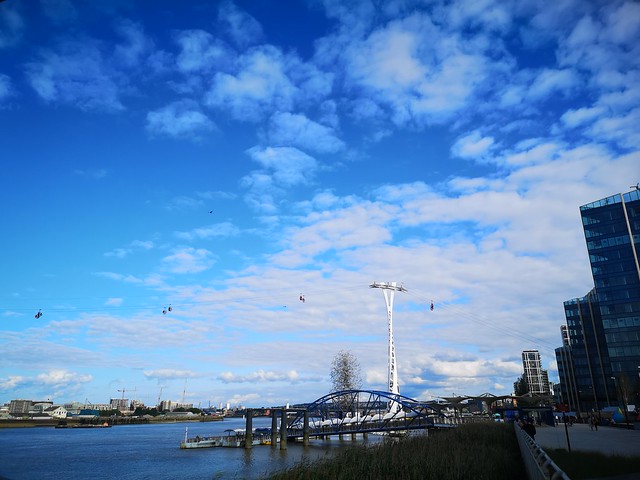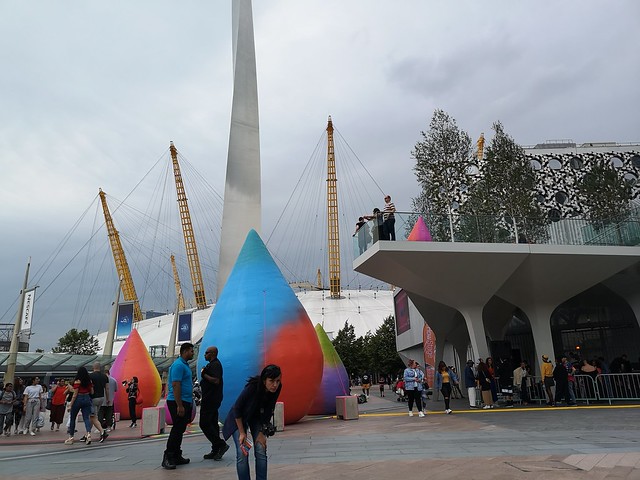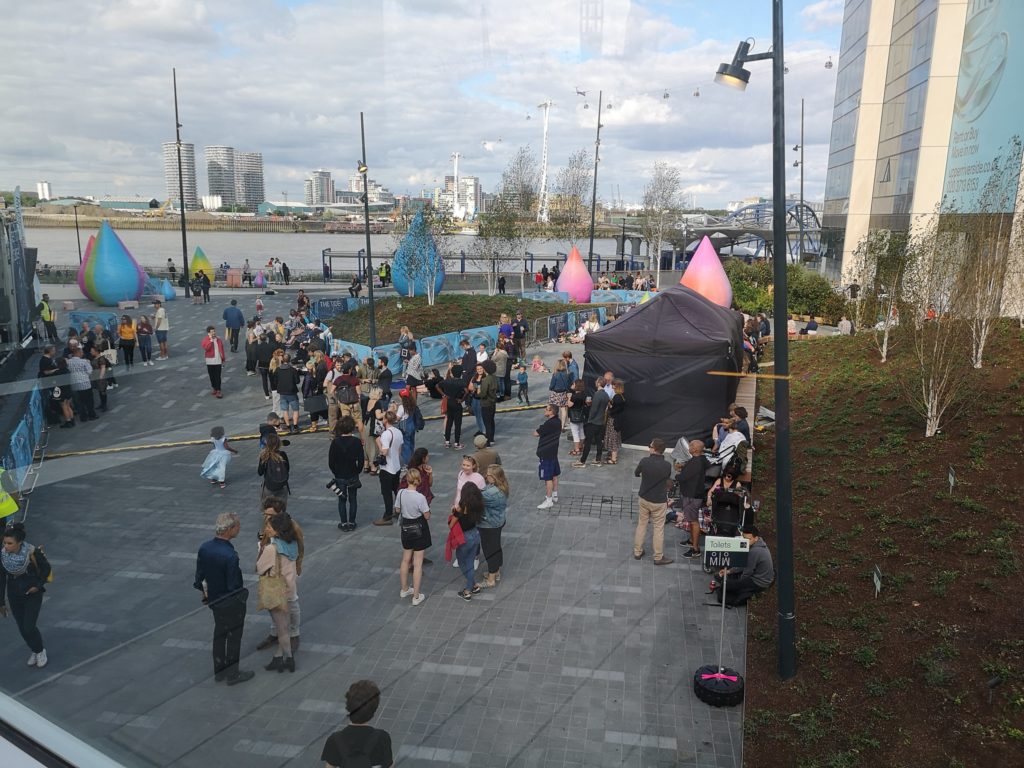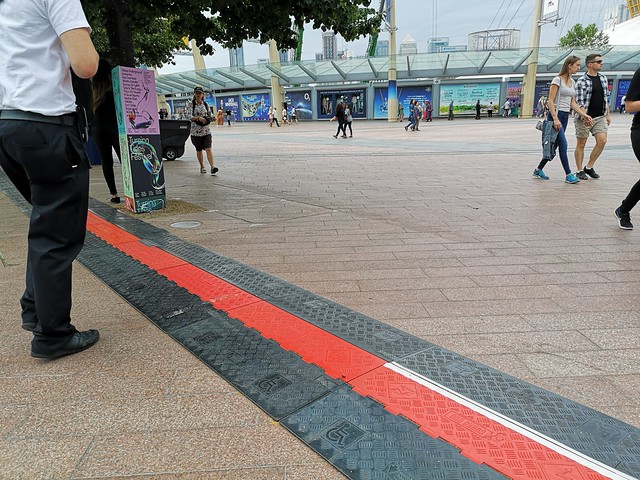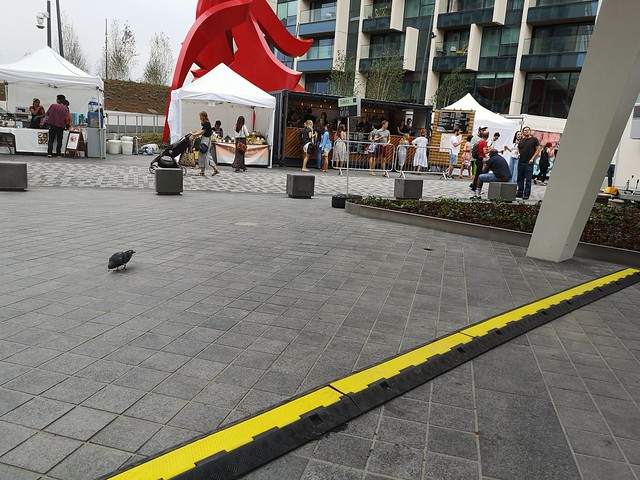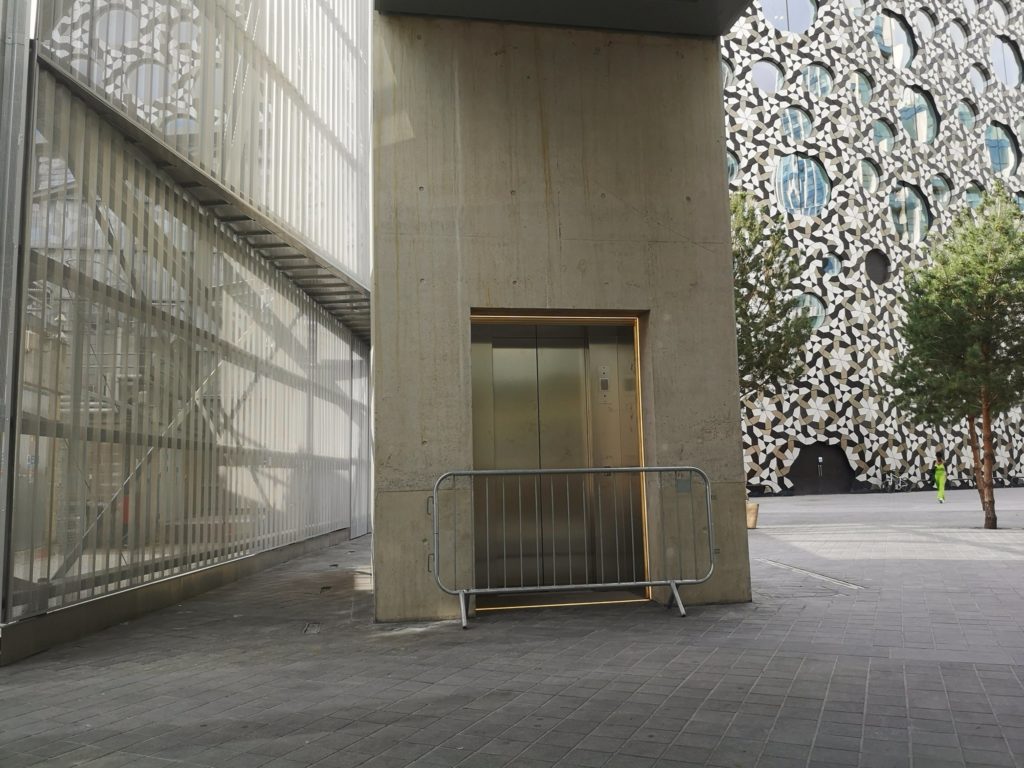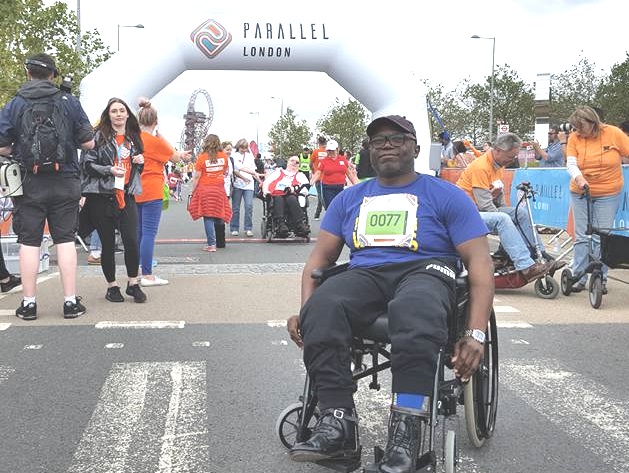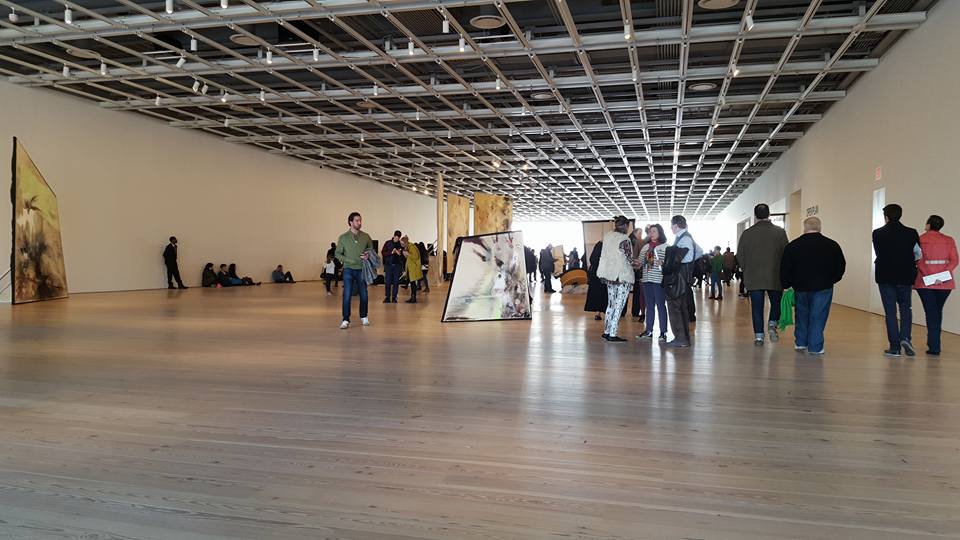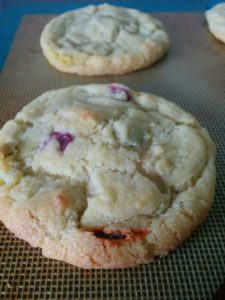
This is part of a new project – virtual cooking for friends during #COVID19)
Fleur Perry joins us in adding her own favourite recipe. We look forward to having more favourites from her.
— This year has been unkind to everyone, and many people have responded with kindness.
Everyone’s locked down, some of us are even still shielding, and the only way any of us are getting through this is by supporting each other. I’ve started thinking of this as Mutually Assured Survival.
There’s been a lot of people who have spotted when I’ve floundered, and sent me exactly what was needed at exactly the right moment. At least half of these people happen to fly the rainbow flag, and so I’ve chosen to make Pride cookies as a way of saying thank you. I won’t embarrass you by saying who you are, but you know.
I made them originally during Pride Month, but you can eat solidarity cookies at any time of year. There’s no rules. Just crunchy chocolaty goodness.
Cookies won’t solve the problem of some LGBTQ+ disabled people being locked down with and relying on unsupportive family or care staff. I know people in this situation, and the pandemic has made it much harder, if not impossible, to live independently for the first time, or change care provider, or hire new PAs.
Cookies will not change the fact that when travel becomes safer, there are still some places where some of my friends won’t be safe. There are some destinations which will never get my money, until everyone else can go there too.
Cookies can’t remove accessibility barriers to events, meaning that even when people can be together again, some will still be left out. Ramps and accessible toilets and quieter spaces and video subtitles and so on are all well-established ideas; exclusion is unnecessary.
… but cookies do taste good!
Find the recipe on Pride Solidarity cookies page
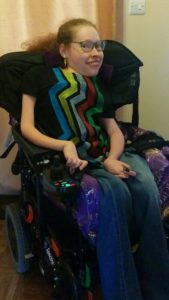
Fleur enjoys experimenting with new recipes and cooking old favourites. Always assisted by someone who can take care of the chopping, lifting, and mixing, Fleur’s role in the kitchen is to create new flavour combinations, find ways of changing recipes to include what she has in the house or to work around her intolerances, and to lick the bowl.
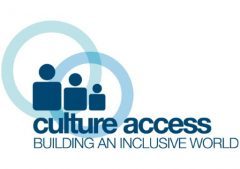

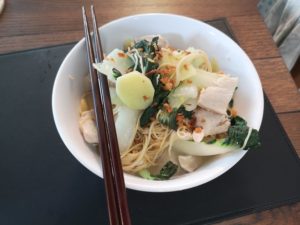 chinese chicken noodle soup
chinese chicken noodle soup